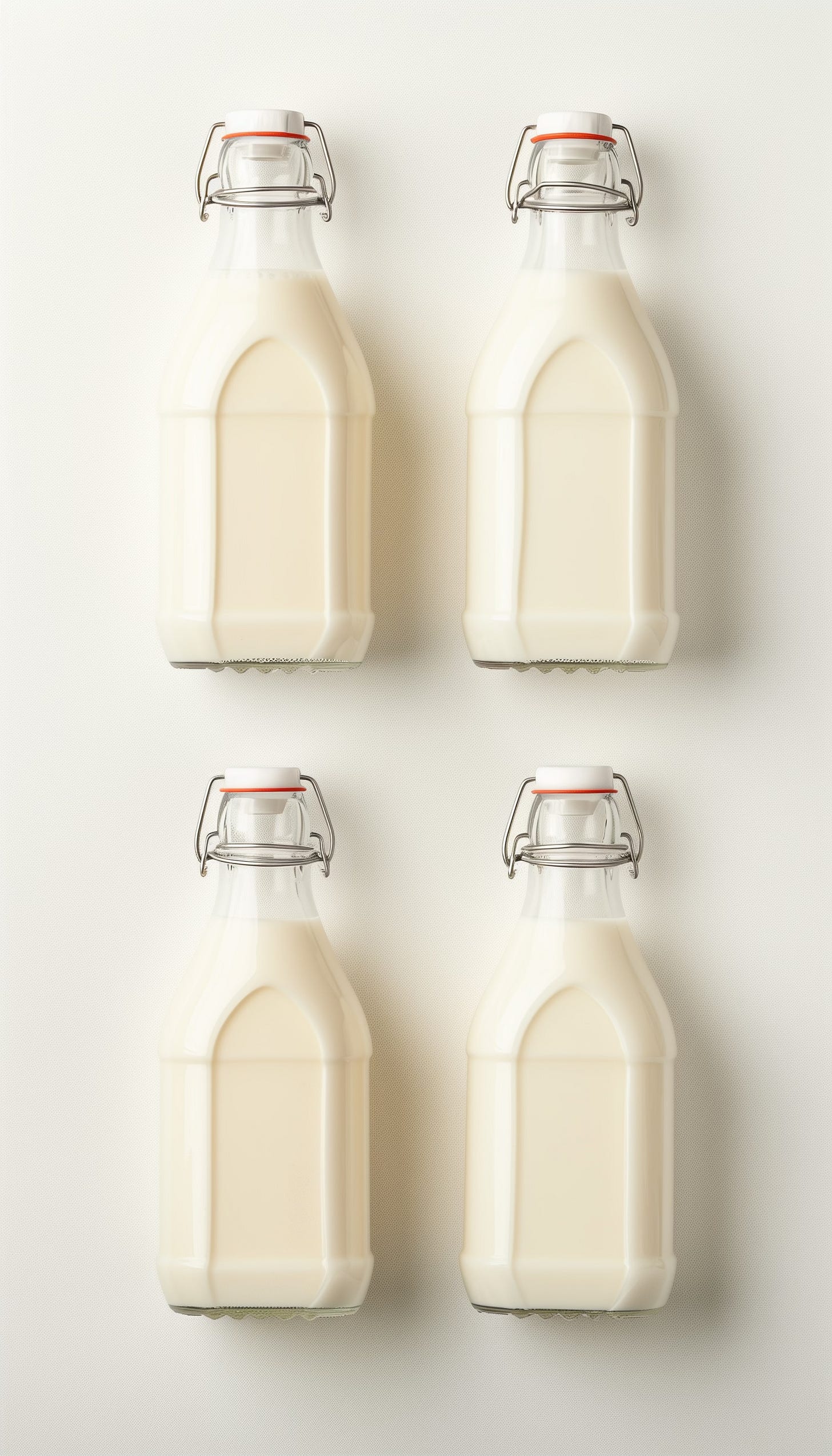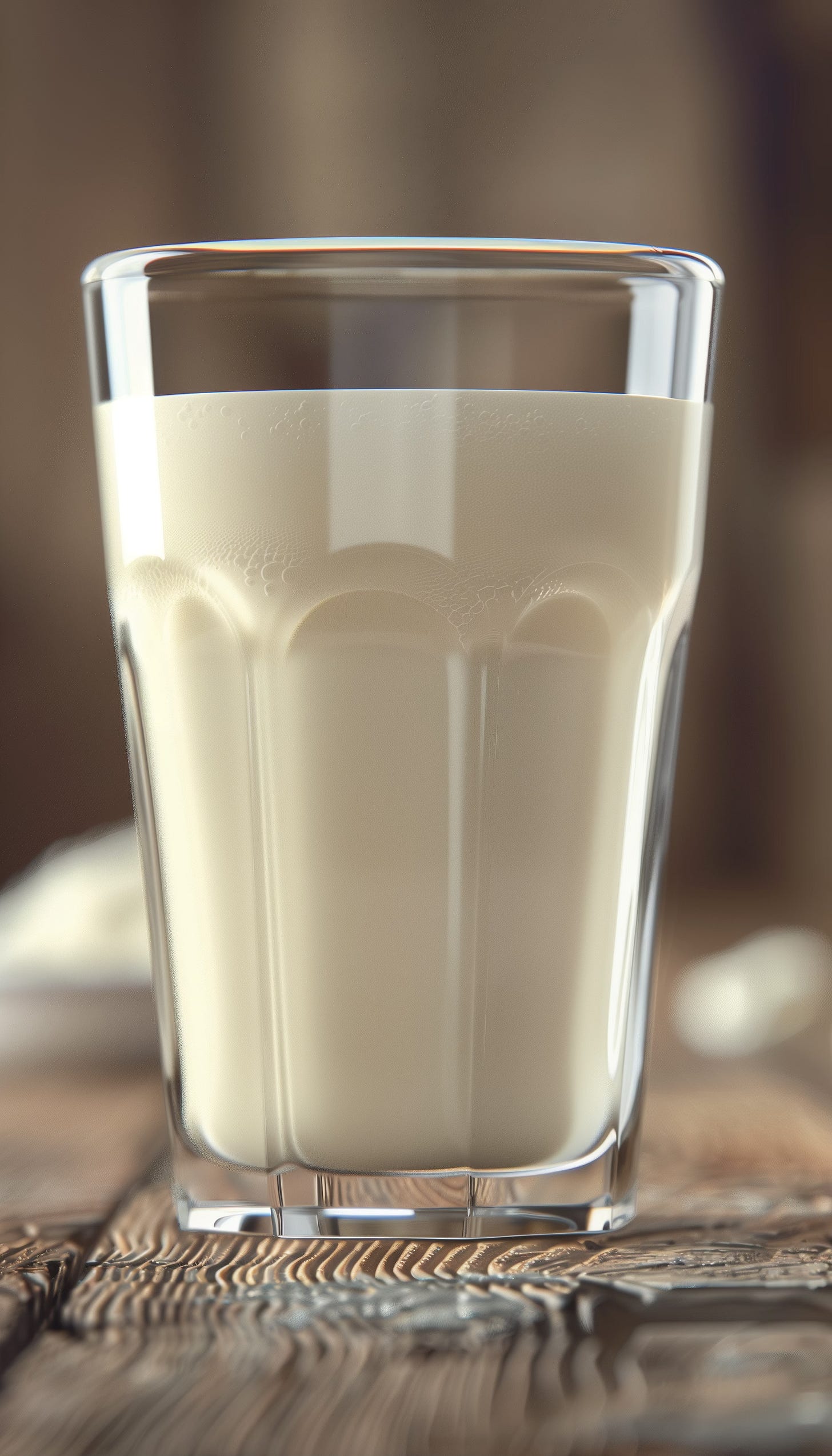Dairy milk has been a staple in human diets for thousands of years, valued not only for its taste but also for its numerous health benefits. Originating from domesticated cows, the practice of drinking cow's milk dates back to ancient civilizations, with evidence suggesting it was consumed as early as 6,000 years ago in Europe and Asia. Today, milk continues to be a dietary staple, providing essential nutrients and offering various health benefits.
Health Benefits of Dairy Milk
Rich in Essential Nutrients: Dairy milk is packed with essential nutrients, including calcium, vitamin D, vitamin B12, and protein. These nutrients are crucial for maintaining strong bones and teeth, supporting muscle function, and promoting overall health.
Bone Health: The high calcium and vitamin D content in dairy milk is particularly beneficial for bone health. Regular consumption of dairy milk can help prevent osteoporosis and maintain bone density as we age.
Heart Health: Dairy milk contains potassium, which helps regulate blood pressure by balancing out the negative effects of sodium. Studies have shown that adequate potassium intake is associated with a reduced risk of stroke and heart disease.
Weight Management: Consuming dairy milk can aid in weight management. The protein content in milk promotes satiety, helping you feel fuller for longer and reducing the likelihood of overeating.
Muscle Recovery: Milk is an excellent post-exercise recovery drink. The combination of protein and carbohydrates in milk helps repair and build muscle tissue, making it an ideal choice for athletes and those engaged in regular physical activity.
Other Uses of Milk
Apart from its health benefits, milk can be used in various non-dietary applications:
Sunburn Relief: Applying milk to sunburned skin can help soothe and cool the burn. The proteins and fat content in milk create a protective film over the skin, reducing discomfort and promoting healing.
Fungal Control on Plants: Milk can be used as an organic fungicide for plants. Spraying a mixture of 9 parts water to 1 part milk on plants can help control fungal infections. This method is particularly useful for tomato and watermelon plants suffering from fungal issues.
The Origin of Drinking Cow's Milk
The practice of drinking cow's milk dates back to ancient times. Early evidence suggests that milk consumption began with the domestication of cattle in regions such as the Middle East and Europe. Over time, the practice spread globally, becoming a key component of many cultures' diets.
Varieties of Dairy Milk
Whole Milk: Contains around 3.5% fat and is rich in flavor and nutrients.
Low-Fat Milk: Contains 1-2% fat, offering a balance between flavor and reduced calorie intake.
Skim Milk: Has less than 0.5% fat, making it a lower-calorie option while still providing essential nutrients.
Chocolate Milk: This variety combines milk with cocoa and sugar, providing a delicious and nutritious option. According to my college nutrition professor, chocolate milk is the perfect after-workout drink because it helps to rebuild muscle. The protein and carbohydrate content in chocolate milk aids in muscle recovery and replenishes energy stores.
Alternatives for Lactose Intolerant Individuals
For those who are lactose intolerant, there are several alternative milk options, each offering unique benefits:
Coconut Milk: Rich in healthy fats and antioxidants, coconut milk can support heart health and provide an energy boost. It is also known for its anti-inflammatory properties.
Almond Milk: Low in calories and high in vitamin E, almond milk is great for skin health and provides a good source of antioxidants. It is also lactose-free and suitable for vegans.
Oat Milk: High in fiber and beta-glucan, oat milk can help lower cholesterol levels and improve heart health. It is also a good source of B vitamins, which are essential for energy production and brain function.
Dairy milk and its alternatives offer a variety of health benefits and practical uses, making them versatile additions to any diet or household. Whether you're looking to improve your bone health, recover after a workout, or tackle a fungal issue in your garden, milk has a role to play. Experimenting with different types of milk can help you find the best option to suit your dietary needs and preferences.
.








